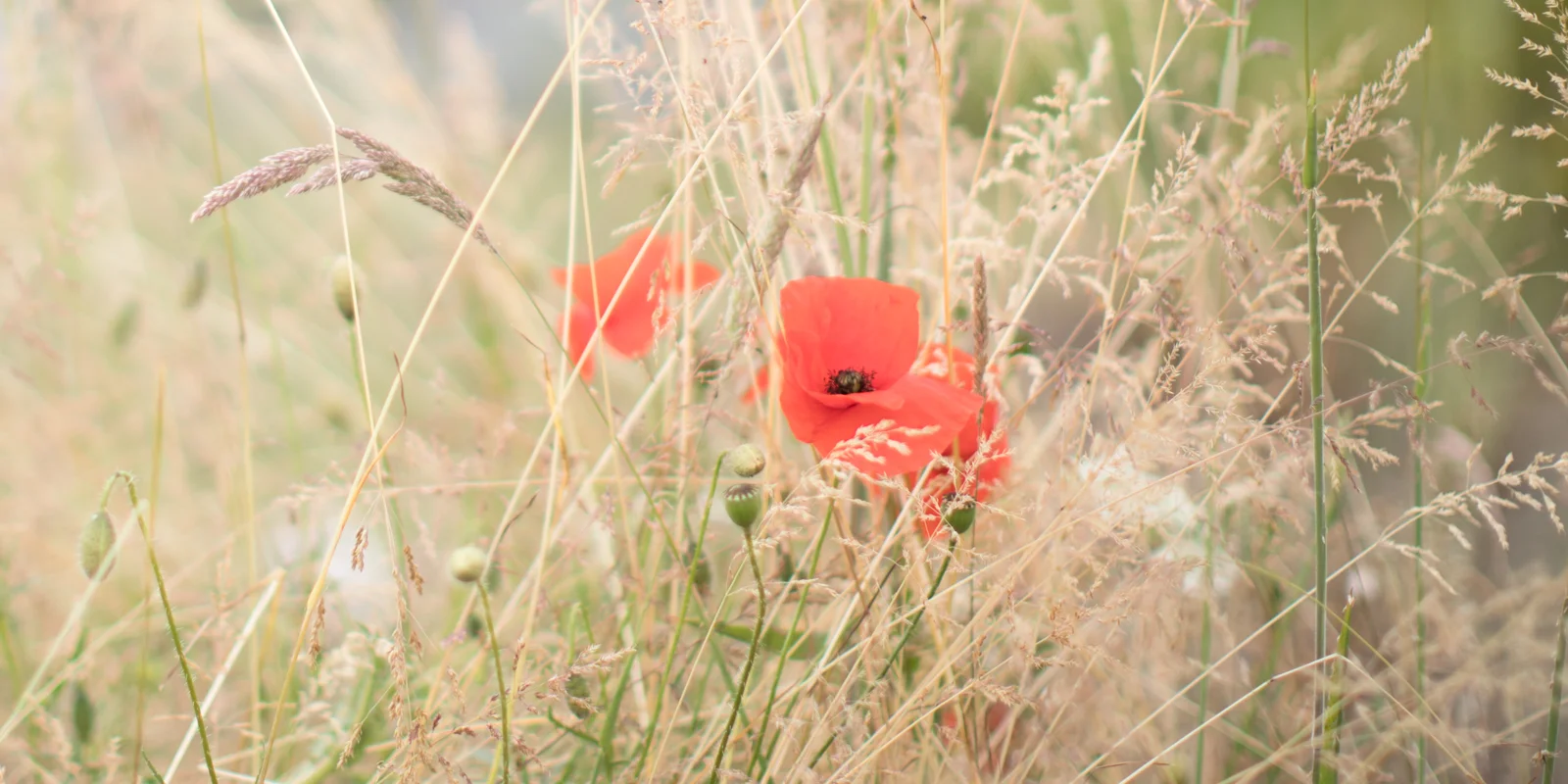mindset for photographers
Scroll ⤵
top seeing your images through other people’s eyes and start trusting yourself. Try the six ideas in this post.
You may be surprised to hear most photographers suffer with imposter syndrome: you are definitely not the only one. Why is it important and what can you do about it?
If you find yourself thinking more about the shots you missed than the one you are taking right now, or thinking about what you will shoot tomorrow rather than what’s in front of you right now, then mindfulness techniques might help your photography.
You don’t need new gear or to go on an expensive trip to do mindful photography. You can start now and you can use your phone.
In the rush to learn how to use your camera, compete with others at your camera club and get THE shot it is easy to lose sight of what photography could be if you gave it space: your creative vision, no more no less.
There aren’t any quick fixes to boring photos mostly because photos are boring for many different reasons. Pick one or two from this list to work on.
In the world of photography there is a lot of advice to take. Most of it starts with, "You should always..." or "You should never...". How often do you question this advice?
When were you last confidently creative? What is creativity? Where does skill come into it?
Of all the courses I’ve written, this is the one I loved writing the most - it has everything I've learnt about the process of creativity and the benefits of acceptance.
No one remembers how sharp an image was. They remember how it made them feel. Stop pining for more expensive gear and start taking epic shots with whatever you have right now.
“Why do beginnings – whether we get off to a fast start or a false start – matter so much? Why do endings energise use to kick harder to reach the finish line yes also inspire us to slow down to seek meaning?” - Daniel Pink
What do you do when you are bored with your camera, creatively in a dead-end or stuck on a disappointing photography plateau?
What happens to us when we are at one with our camera? Why does it sometimes feel like it has got in the way of our creativity?
Once you step off the beginner plateau, photography workshop leaders and career coaches often advise you that you need to find your style before you can make meaningful progress with your camera. In this post I’d like to make the case for not actually needing to find your style.
Be happier, make progress faster and generally be a nicer person by making just one incredibly simple mindset change as you set out on your photography journey.
If you’re going to leave whatever photography plateau you are currently living on, you will have to step out of your comfort zone and into the unknown. Once you’ve left, you can expect to be more creative, more confident, more adaptable and more interesting. You’ll have new stories to tell, a billion new ideas for photos to take, and you really will stop caring what people think (mainly because you’ll realise no one is paying any attention anyway)
You’ve planned a great day out on a group photo walk, and when the morning dawns you are faced with a steady drizzle, a grey sky and a depressing outlook. Do you call it off? Go and leave early? Carry on but moan about the weather? Having just been on a very successful photo meetup in the pouring rain, I can offer you some tips to make the whole day a joy.
Mindful photography is: the process of directing your attention first to your thoughts, and then to your environment.
Mindfulness has an undeserved reputation for being a passive activity, where you clear your mind and allow things to happen to you. Nothing could be further from the truth. The aim is not to empty your mind of thoughts (it’s not possible); the aim is to be actively aware of your thoughts, and by extension, your surroundings. And once you are properly aware of your surroundings, you can start to interpret them with your camera.
Mindful photography (sometimes called contemplative photography, or slow photography) is the opposite of mainstream competitive photography. There's no aggression, no oneupmanship, no discussion about kit, no condescension, and most of all, no rush.
You arrive at a beautiful sunset destination. You have thought about which settings you might use. You have planned your composition. The conditions are perfect. Yet you stay in the car, don't get your camera out, and leave with just a phone shot taken through the car window.
What happened?
"Family photos with visitors" - if I visit you and I have to pose for a photo with your family, it might be the last time I visit.























